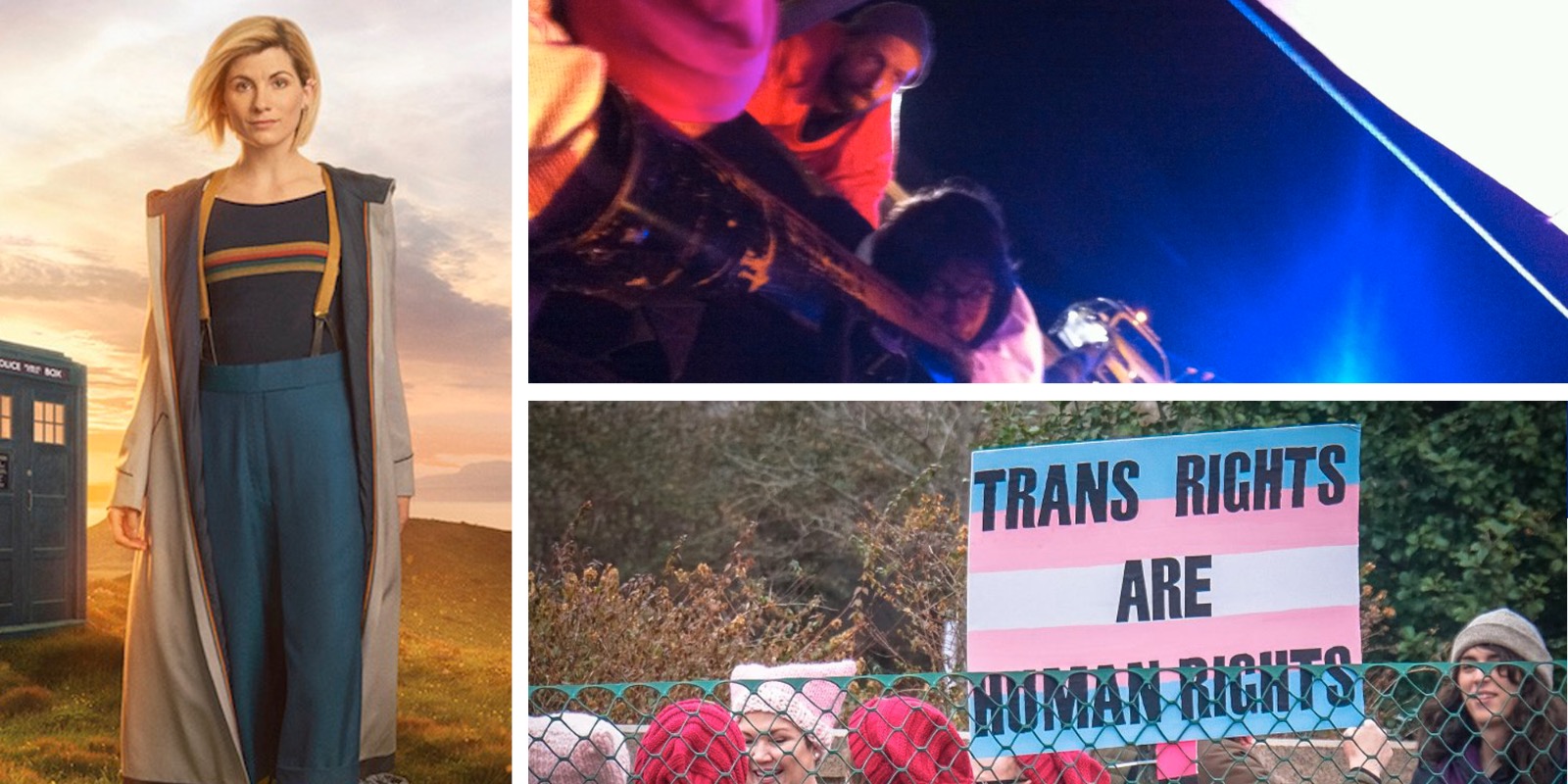Whichever way you look at it, 12 months is a long time, and the chances are that a lot will always have happened. That’s 365 days to keep squabbling over Brexit, or 8,760 hours to rage against Donald Trump’s place in the White House, via the medium of a small orange balloon.
It’s also 525,600 minutes in which to try and avoid all mention of Harry and Meghan’s wedding (or pour over it if that’s your thing). And, more importantly, it’s 31,536,000 seconds to be ridiculously excited that we’ve finally got a woman playing Doctor Who, and a woman who is genuinely smashing it.
Our human rights are all around us, and everything that happens is likely to be linked to them in some way. During the past year, we’ve tried to cut through the noise and explain the human rights stories that matter, whether that’s looking at the latest budget or explaining the real-life impact of the Beast from the East.
So, as the whole world turns to look back at 2018, we’ve taken a moment to pick out some of the biggest turning points for our rights, and explain why they defined the year.
A Big Step Forward For Housing Fit To Live In
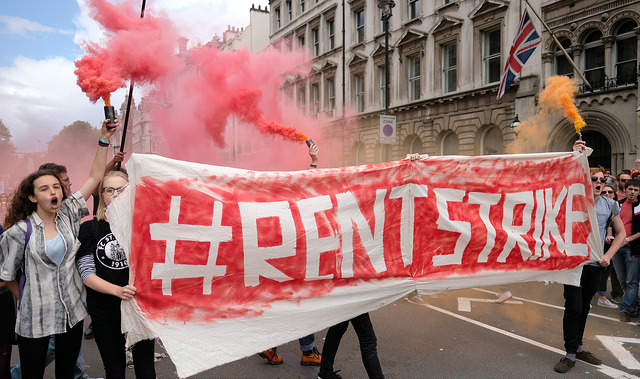 Students from UCL on rent strike over conditions at their halls. Image Credit: Alisdare Hickson / Flickr
Students from UCL on rent strike over conditions at their halls. Image Credit: Alisdare Hickson / Flickr
“My defining human rights moment for 2018 is the fact that the Homes (Fitness for Human Habitation) Act 2018 became law on 20 December 2018. When it becomes enforceable from 20 March 2019, it will be a huge step forward for the rights of people renting their homes.
We’ve covered the massive problems tenants can face several times on EachOther, with many people saying the current laws just aren’t providing enough protection. Some told us of the rashes they developed due to the damp conditions, others of holes in the ceiling or infestations of mice.
It will be a huge step forward for the rights of people renting their homes.
Zarqa Farouq
By amending the existing law on tenancies (this is part of the Landlord and Tenant Act 1985), there will be greater protection. Crucially, it will make sure all residential rented accommodation is fit for human habitation at the time leases start – and that it remains fit for human habitation during the lease.
This is a real achievement for our right to adequate housing, something protected by the International Covenant on Economic, Social and Cultural Rights. Not only does it give aggrieved tenants a voice, but it’s also likely to influence homelessness to some extent, which is unfortunately widespread and includes those living in accommodation which is deemed unsuitable to live in.”
Zarqa Farouq is a writer for EachOther and holds an LLB (Hons) from the University of Leeds. She is now studying for the BPTC and you can read more of her stories here.
We Must Do More To Protect The Rights Of Trans People
Video Credit: EachOther
“One of the big issues in the UK in 2018 was the rights of transgender people. The government’s consultation, which looked at ways to reform the invasive and demeaning process trans people are forced to undergo to legally change their gender, closed on October. It led to an outpouring of sustained transphobia in certain sections of the media, and attempts to stir up moral panic and prey on the fears of people with genuine concerns and confusion.
The tone of the coverage and the language used was reminiscent of the homophobia and fear-mongering when attempting to block gay rights in the 80s and 90s.
Alex Feis-Bryce
This consultation just applied to England and Wales though, following the results of a similar consultation in Scotland. There, equality groups and feminist groups were united and vocal in support of trans rights, which ensured that the toxicity of the discussion was kept to a minimum. The findings were published in November 2018 and 60 per cent of people supported “a self-declaratory system for legal gender recognition”.
The tone of the coverage in the hostile media and the language used was reminiscent of the homophobia and fear-mongering when attempting to block gay rights in the 80s and 90s. At EachOther, we decided to cut through the heat of the discussion and give a platform to the people who matter on this issue: trans people and their families, and experts who can challenge the myths that have been perpetuated.
The changes are necessary, and we must do more to protect the human rights of trans people.
Alex Feis-Bryce
I was immensely proud of our coverage and the response we got from trans people and, in particular, people who were undecided on the issue or had concerns. Our coverage had helped them realise that the changes are necessary and that we must do more to protect the human rights of trans people, who face violence, intimidation and discrimination on a daily basis in the UK.”
Alex Feis-Bryce is the CEO of EachOther, and previously the founding CEO of National Ugly Mugs. He has also worked on Ed Miliband’s podcasts, Reasons to be Cheerful. You can read more of his articles here.
A Huge Moment For Gender Equality In Law
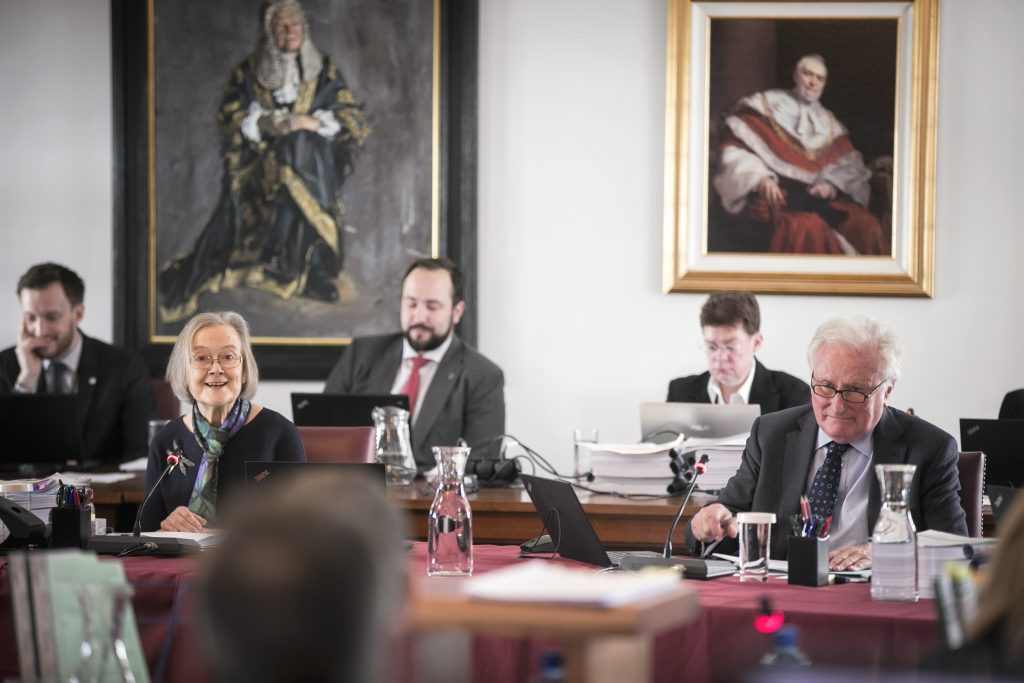
Lady Hale has been a trailblazer – and now the tide is truly turning. Image Credit: Supreme Court
“My human rights highlight of 2018 was the first ever Supreme Court hearing where there were more female judges than male ones. This was a huge moment in the movement towards gender equality in law.
In the hundreds of years that the UK’s highest court has been running (it was part of the House of Lords before being made the Supreme Court in 2009) there were always only male judges, with the first female judge only appointed in 2004.
In the hundreds of years that the UK’s highest court has been running there were only male judges.
Hayley Chapman
The appointment of a third female judge, Lady Arden, in October this year meant that, for the first time, on 3 October 2018 the court heard a case (Re D) in front of three female judges and two male ones.
2019 will mark 100 years since women have been allowed to practice law, so for there to have been a moment in 2018 where female judges outnumbered male ones in the UK’s highest court shows we have come a long way in only 99 years. I’m hoping the 100th year sees even more progress.”
Hayley Chapman is writer for EachOther and a trainee solicitor at Hodge Jones & Allen. You can see more of her work here.
‘A Worrying Time For Our Right To Protest’
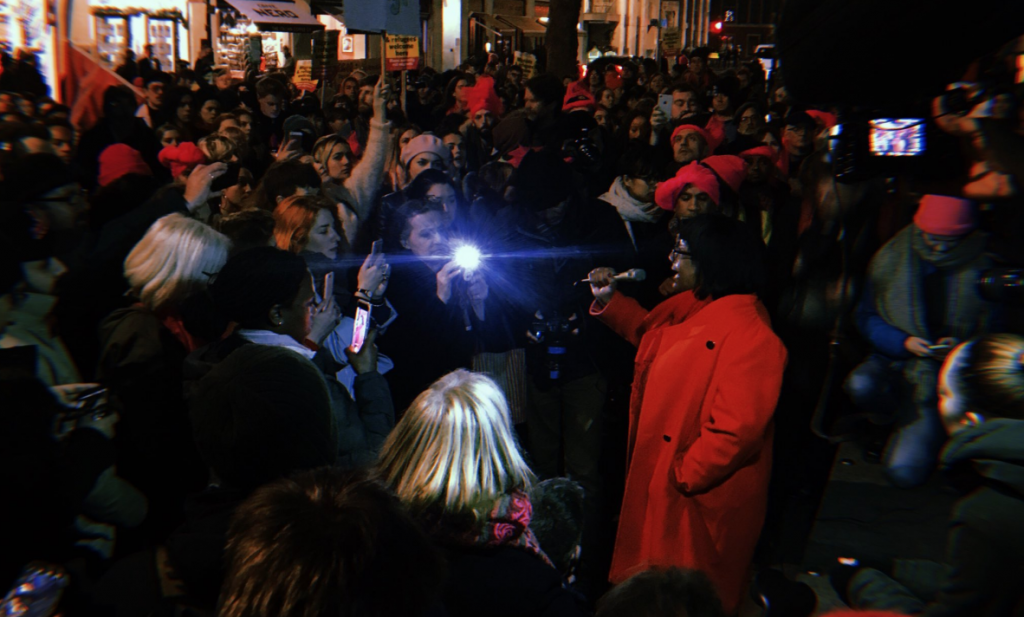
A protest about the Stansted 15 case. Image Credit: Hareem / Twitter
“For me, in 2018 there were two stand-out issues that I think are immensely worrying for human rights, and the Stansted 15 case highlights both. The government’s hostile environment policy, a set of laws designed to make staying in the United Kingdom difficult for people without leave to remain, is at the heart of this. Even pilots are being drawn into this issue, with people being deported on domestic and charter flights.
The prosecution of the Stansted 15 heralds an unprecedented attack on the right to protest.
Sarah Wishart
In March 2017, 15 activists who tried to stop such a flight, were arrested and in December 2018 they were found guilty of terrorist offences. What is truly terrifying is that their actions were peaceful protest which falls under Article 11 of the Human Rights Convention, that protects the right of a group to take collective action and the right to freedom of assembly. With protests growing across the country for a range of issues, the prosecution of the Stansted 15 heralds an unprecedented attack on the right to protest.”
Sarah Wishart is the Creative Director of EachOther and a noisy online advocate for social justice. She’s previously worked for think tanks, universities and in the media. You can read more of her pieces here.
A Milestone For Female Representation
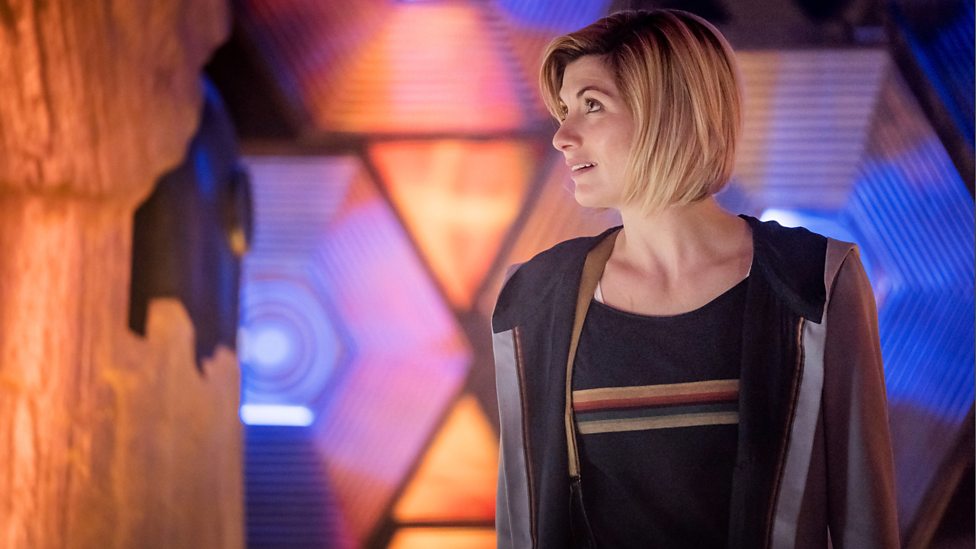
Jodie Whittaker as The Doctor. Image Credit: BBC One
“Human rights aren’t just about laws either – the films we watch, the books we read, and the shows we are hooked to can all play a key role in promoting our rights or sparking off a discussion.
Having a female doctor is such a great milestone for female representation. 2018 has long been dubbed the year of the woman and it’s high time that TV, film and other media caught up to that.
With Doctor Who, it’s not only the future that is female, it’s the past and present too.
Michele Theil
The BBC’s decision faced so much backlash but they stood by it and brought us a role model that children and adults alike can aspire to – and teach us valuable lessons about our rights. With Doctor Who, it’s not only the future that is female, it’s the past and the present too.”
Michele Theil completed a placement at EachOther. She is also the editor of The Orbital and studies English Literature at Royal Holloway University. You can see her work at EachOther here.

